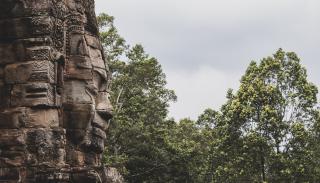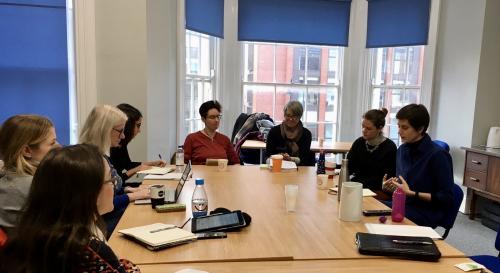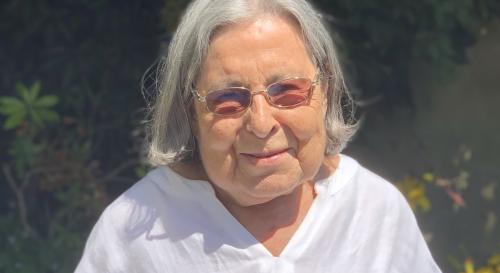
Breadcrumbs navigation
Time to break up with the international community? Rhetoric and realities of a political myth in Cambodia
The international community is as ubiquitous as it is elusive and its universalist pretensions remain unchallenged in political and academic discourse. In response, Katrin Travouillon and Julie look at Bernath Bottici's work on political myths in their new article in BISA journal Review of International Studies (RIS). In particular, their analysis centres on the case of Cambodia, a country that served as an experiment of liberal interventionism.
BISA Director, Juliet Dryden, spoke to Katrin and Julie to discuss the concept of political myth, their field research and its implications for scholars interested in the legacies of the liberal peacebuilding project.
BISA members receive access to RIS (and our other journal European Journal of International Security) as a benefit of membership. To gain access log in to your BISA account and scroll down to the 'Membership benefits' section. If you're not yet a member join today.
Full article abstract
DOI: https://doi.org/10.1017/S026021052000042X
The international community is as ubiquitous as it is elusive and its universalist pretensions remain unchallenged in political and academic discourse. In response, this article turns to Bottici's work on political myths. Against the notion of myths as falsehoods, we argue that they create their own sphere of shared social and political reality. The analysis centres on the case of Cambodia, a country that served as an experiment of liberal interventionism. It draws on archival and field research on two consecutive international interventions, a review of public statements by international actors, and interviews with Cambodian actors and activist. We argue that to understand the ideas actors use to orient themselves as they press for change, it is necessary to consider how decades of engagement with the myth have shaped the political imaginary. Our empirical analysis points to three different phases in the use of the myth: Its production during UNTAC, the reinforcement of its narratives through subsequent legal, aid and development interventions, and finally its contemporary use in a post-liberal context. We observe that Cambodian actors increasingly engage the myth to question the terms of transnational cooperation for democracy. Our work has implications for assessments of the legacies of liberal peacebuilding.
Photo by Karl Paul Baldacchino on Unsplash


